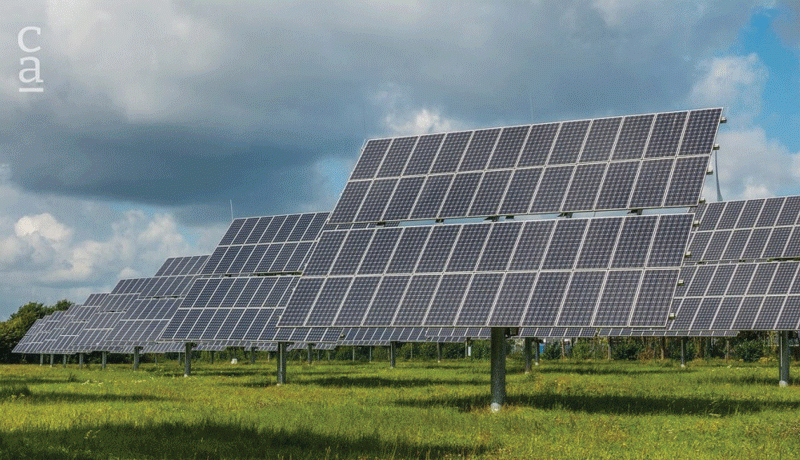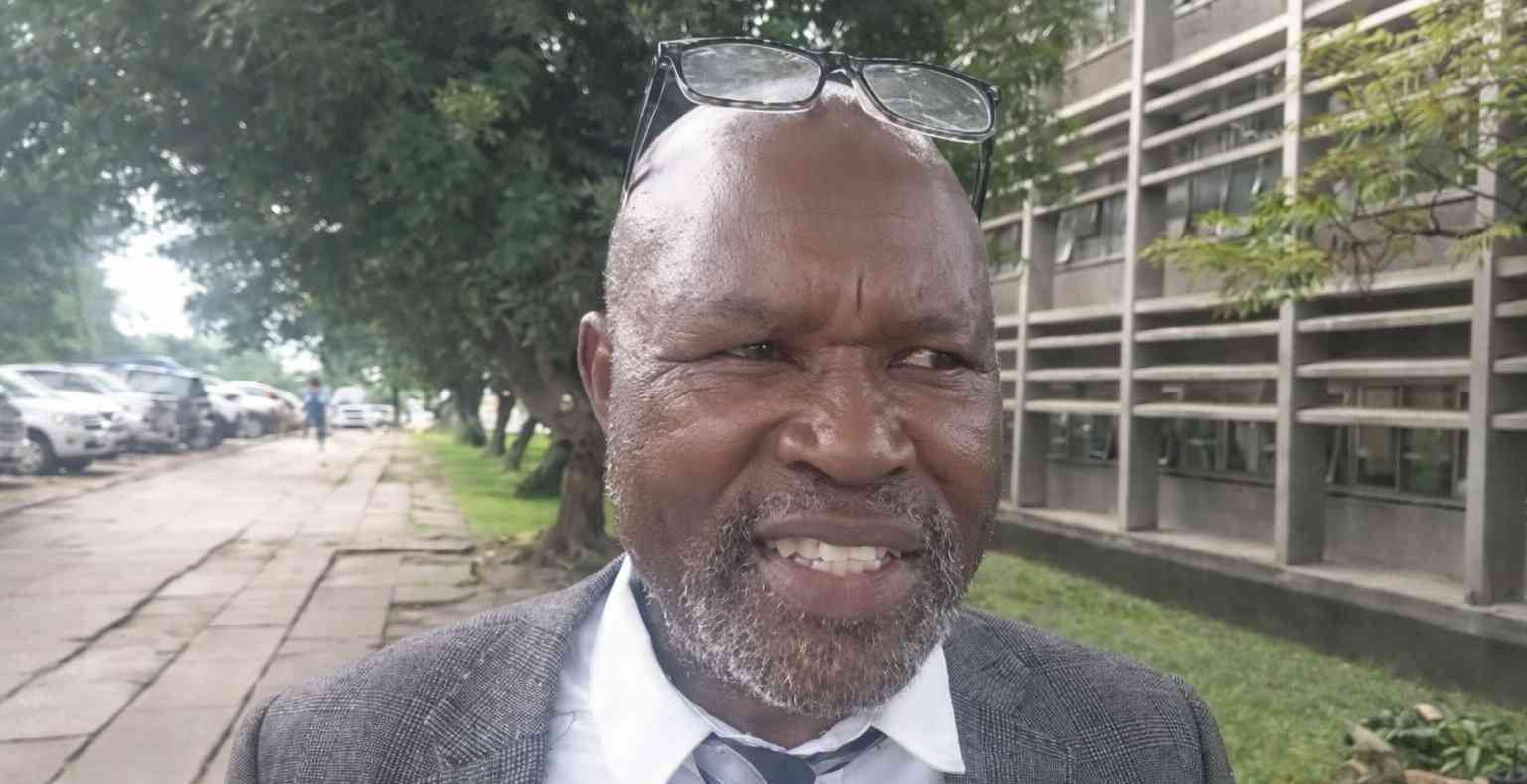
Zimbabwe holds tremendous potential for renewable energy transformation, and the United Kingdom is proud to stand alongside as a committed partner in powering that growth.
A major milestone in our growing UK-Zimbabwe partnership was achieved last week with the signing of a Government Project Support Agreement (GPSA) between the government of Zimbabwe and the UK’s Private Infrastructure Development Group (PIDG) InfraCo.
This agreement lays the foundation for the development of a 30-megawatt solar power plant in Vungu, Midlands province, as well as other similar, or even larger, projects currently in the pipeline.
The Vungu project stands as a powerful symbol of our shared commitment to sustainable development, private sector investment, and climate resilience.
Zimbabwe’s energy sector faces significant hurdles.
With an energy deficit of 400MW at peak demand, and aging infrastructure causing frequent outages, the country’s power deficit is estimated to cost nearly 6% of GDP.
Droughts have further strained hydroelectric output, increasing reliance on costly power imports, currently accounting for 20% of supply.
As demand is expected to triple by 2030, particularly from mining and agriculture, the need for reliable, clean, and locally generated energy has never been more urgent.
- Mavhunga puts DeMbare into Chibuku quarterfinals
- Bulls to charge into Zimbabwe gold stocks
- Ndiraya concerned as goals dry up
- Letters: How solar power is transforming African farms
Keep Reading
Zimbabwe is blessed with abundant sunshine and high solar irradiation, making it an ideal candidate for solar energy.
The government is taking commendable steps to de-risk the sector and attract private investment.
Several large-scale solar projects have been licensed, and if realised, they will significantly diversify Zimbabwe’s energy mix and reduce dependence on hydro power and imports.
The Vungu solar project is a pioneering step forward. It is the first internationally financed solar independent power producer (IPP) under Zimbabwe’s new project support framework.
It will enhance energy access and security while serving as a model that builds investor confidence and attracts future private sector investment.
This momentum is key to unlocking climate finance and supporting Zimbabwe’s efforts to mitigate and adapt to climate change.
This project builds on the UK-Zimbabwe Memorandum of Understanding on Renewable Energy and Energy Efficiency signed in 2023, which laid the foundation for deeper cooperation on renewable energy and energy efficiency.
PIDG InfraCo, a UK-based infrastructure developer, plays a catalytic role in transforming early-stage concepts into bankable, high-impact projects.
The GPSA reflects the Zimbabwean government’s commitment to creating an enabling environment for clean energy investment.
This is what a modern UK-Zimbabwe partnership looks like, one that delivers mutual benefits, supports inclusive economic growth, and addresses global challenges like climate change.
The UK is already partnering Zimbabwe’s green transition through initiatives like the Climate Adaptation, Water and Energy Programme (CAWEP).
Working with the government of Zimbabwe and UNDP, we funded a 200-kilowatt solar Mini grid in Chipinge, the largest off-grid mini-grid in the country.
Commissioned in 2024, the project is transforming lives and contributing 10% of Zimbabwe’s mini-grid emissions reduction target.
I saw firsthand how the project is helping businesses get established, creating jobs in carpentry, welding, retail, and telecommunications.
I was particularly struck by a man who had returned from South Africa to start a carpentry business.
I was also pleased to learn that Hakwata Primary School improved its Grade Seven final exam pass rate from 55% in 2023 to 67% in 2024, thanks in part to access to a reliable power supply.
Similarly, Hakwata Clinic now has a dependable source of electricity to power essential equipment, including vaccine refrigerators.
This ensures proper vaccine storage and strengthens vaccination programmes.
Reliable power has also improved the storage of other medicines and enabled extended clinic hours, leading to better patient care.
Through CAWEP, we also supported the development of Zimbabwe’s new National Energy Efficiency Policy (NEEP), launched by Vice-President Constantino Chiwenga in April this year.
These efforts are helping to build a low-carbon economy that supports livelihoods, strengthens resilience, and attracts sustainable investment.
The Vungu solar project is more than just a power plant; it’s a symbol of what we can achieve when we work together with shared purpose and ambition.
It demonstrates how effective policy frameworks can unlock investment and drive impactful development and highlights the potential for greater collaboration between government and investors to scale similar initiatives, accelerating the country’s transition to a greener, more resilient future.
As we look to the future, the UK remains committed to deepening its partnership with Zimbabwe to unlock further opportunities in clean energy, climate resilience, and inclusive growth.
*Pete Vowles is the UK ambassador to Zimbabwe.











